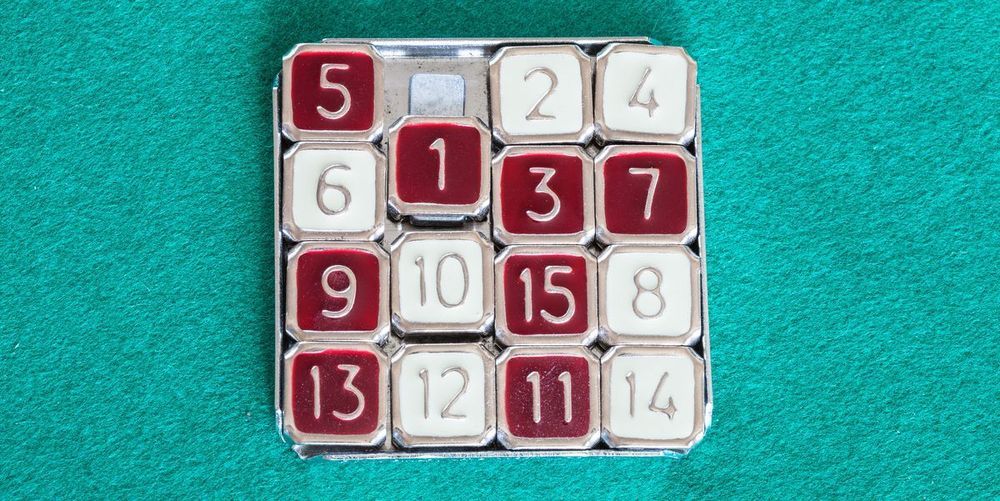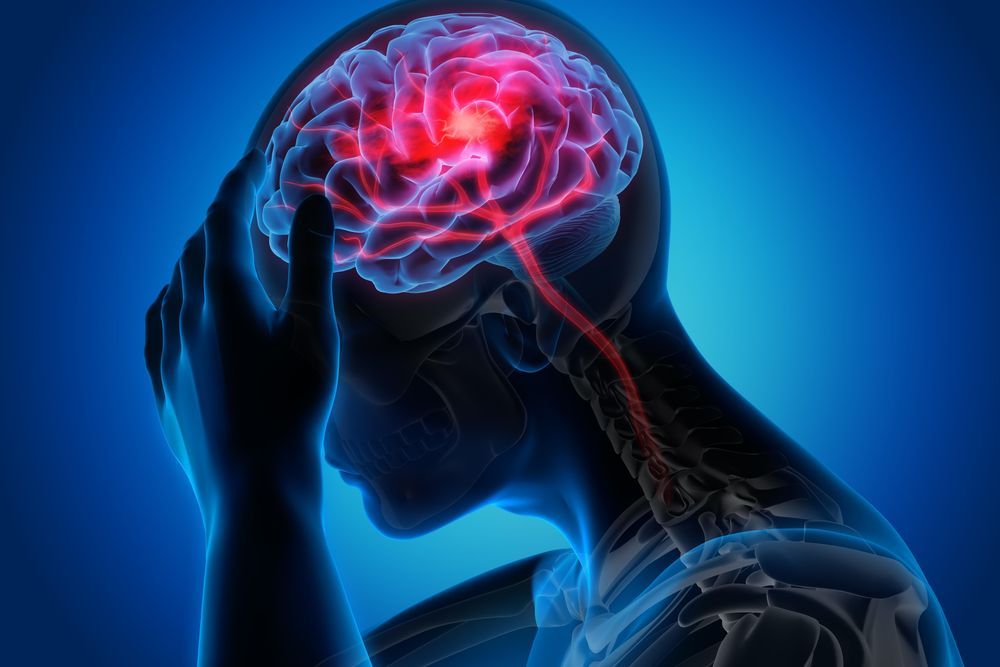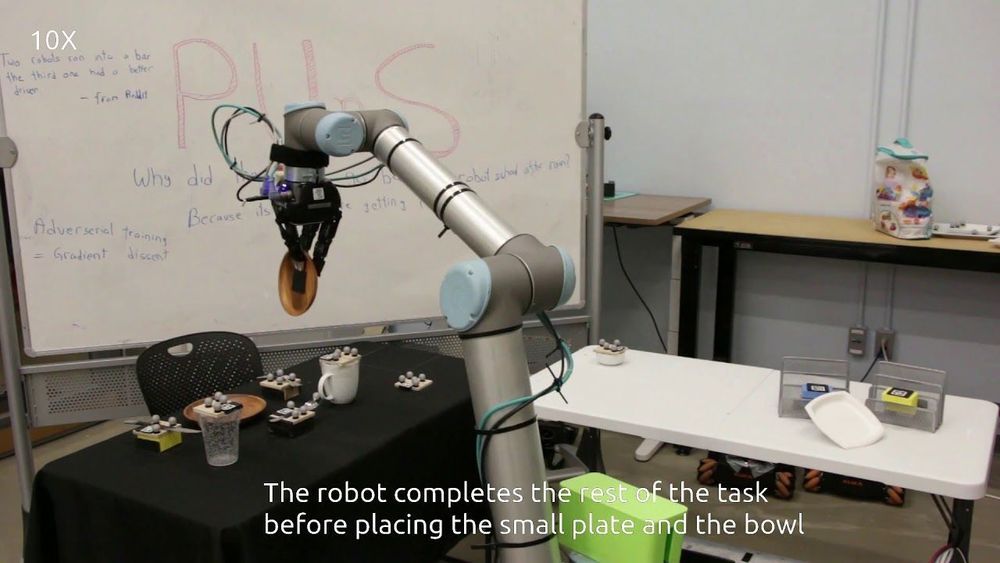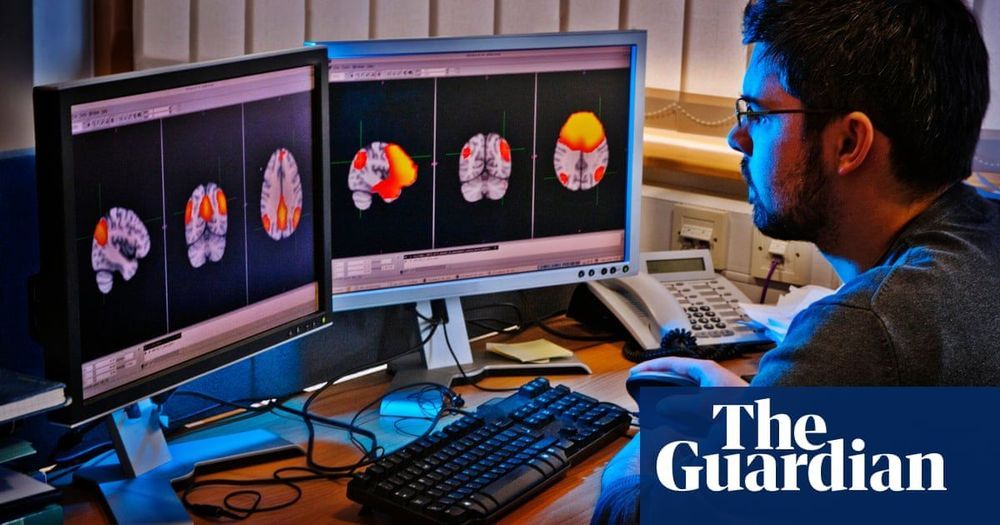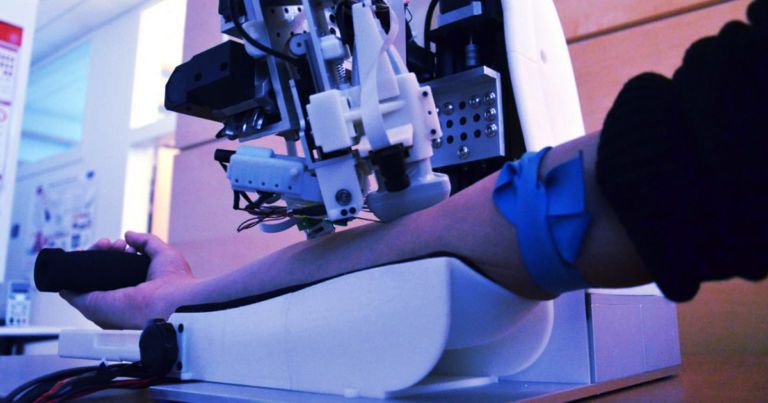Mar 7, 2020
New CDC guidance says older adults should ‘stay at home as much as possible’ due to coronavirus
Posted by Genevieve Klien in category: biotech/medical
Amid a coronavirus outbreak in the United States, the US Centers for Disease Control and Prevention is encouraging older people and people with severe chronic medical conditions to “stay at home as much as possible.”
This advice is on a CDC website that was posted Thursday, according to a CDC spokeswoman.
Early data suggests older people are twice as likely to have serious illness from the novel coronavirus, according to the CDC.

